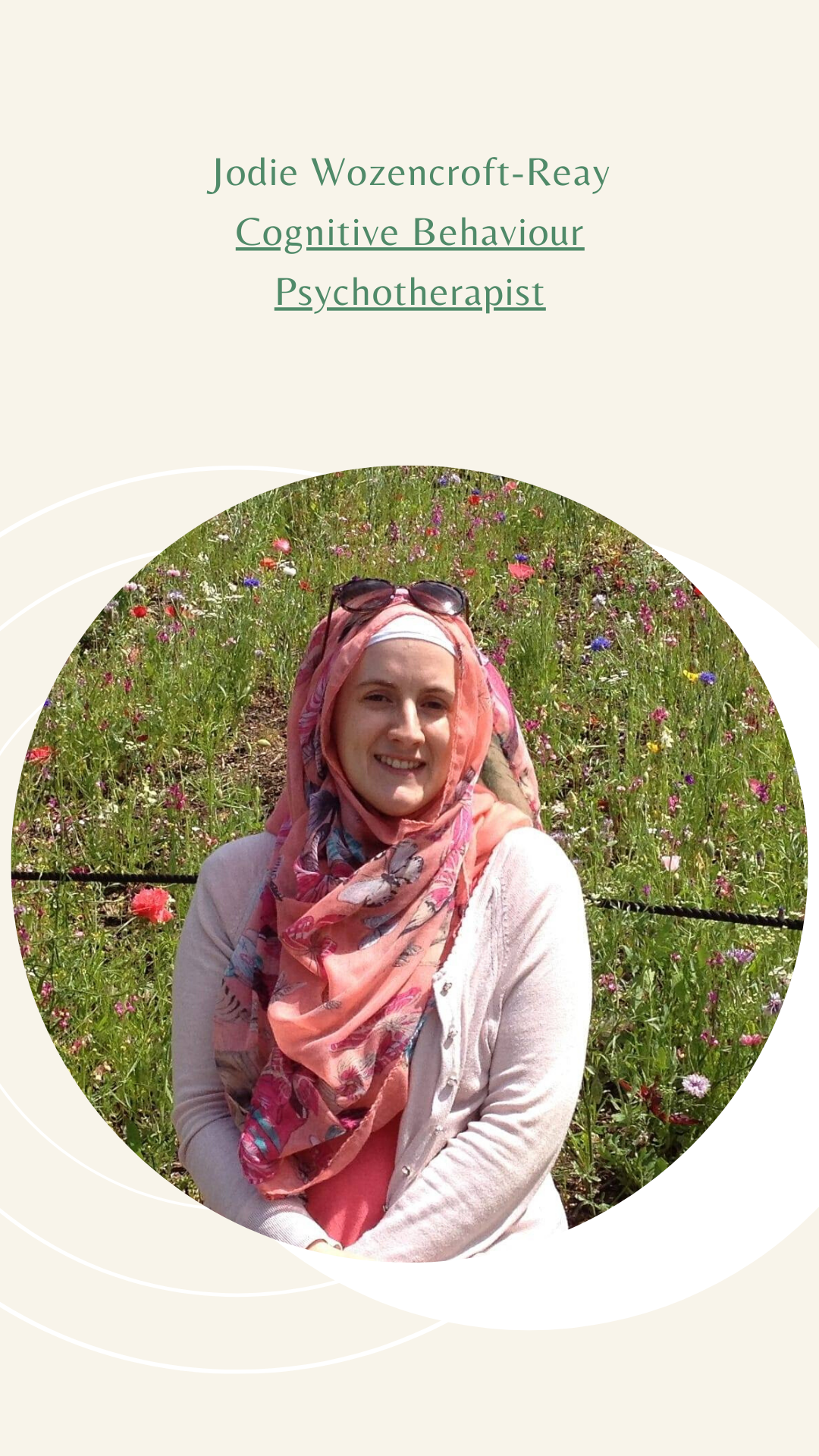Islamic psychology and CBT: how do we integrate them?
- Jodie Wozencroft-Reay

- Nov 11, 2020
- 2 min read
Updated: Jan 14, 2021
Psychology has a long history. Most western courses that I’ve been on advise that the tradition started with the likes of Freud, Skinner and Piaget. So what is there to integrate? Surely psychology is a new(ish) thing, something that we need to adapt to as it’s not included within Islam…

Western psychology was shaped hugely by these academics and many of those influences are still present today. Western psychology cites Beck as the founder of cognitive behaviour therapy (CBT). But surely we had psychology before the 18th, 19th and 20th centuries…
Well we did. Islamic psychology has a rich and varied tradition with scholars. The earliest reference I’ve read about CBT was in fact from the 9th century. The only way I was able to read this was due to the hard work and dedication of, psychologist and founder of the International Association of Islamic Psychology, Malik Badri who has painstakingly translated Abu Zayd al-Balkhi’s Sustenance of the Soul.

Al-Balkhi’s manuscript reads like a modern day CBT manual, with one key difference: God. Al-Balkhi covers psychoeducation on preventative measures for mental health, general strategies for mental health, specific strategies for depressive, anxiety and obsessional disorders, and specific strategies for anger management.
Subhan’Allah.
When psychology blurs its boundaries with materialistic philosophical speculations and atheistic arm-chair theorises, it fosters a distorted concept of man and an antagonistic attitude towards both God and religion.
So consider this is one manuscript, from one scholar, in the 9th century. Consider modern day approaches of self-care and therapy for anxiety, depression, obsessional disorders and anger management.
For me the key difference is God. The lack of God in modern models leads to ignoring our souls. If there is no God, there is no soul. Without this essential understanding, what is our purpose?
We know that to be false. We know Allah subhana wa’tala created us and our souls. We know our purpose is to be here to worship him.

So back to our question, what is there to integrate?
I would argue: nothing.
In fact, we need to embrace our tradition and historic scholarly knowledge. It’s already there. We don’t need a western model which we Islamise. We need the model from the Qur’an and sunnah.
We need, and have a responsibility to, care for and heal our mental health to enable us to worship Allah subhana wa’tala.
الله أعلم
Allahu alam
Reccomended reading
Badri, M. (2018) Contemplation: An Islamic Psychospiritual Study. London: The International Institute of Islamic Thought
Badri, M. (2016) The Dilemma of Muslim Psychologists. London: MWH London Publishers
Badri, M. (2013) Abu Zayd al-Balkhi's Sustenance of the Soul: The Cognitive Behavior Therapy of a Ninth Centre Physician. London: The International Institute of Islamic Thought
Parekh, J. (2020) A Handbook of Spiritual Medicine. Leiscester: Ibn Daud Books
York Al-Karam, C. (eds) (2018) Islamically Integrated Psychotherapy: United Faith and Professional Practice. Pennsylvania: Templeton Press




The Beck Depression Inventory (BDI) is a respected and widely used questionnaire for measuring the severity of depression. If you've been feeling down and want to get a clearer picture of your emotional well-being, taking a free BDI test online can provide valuable, confidential insight.